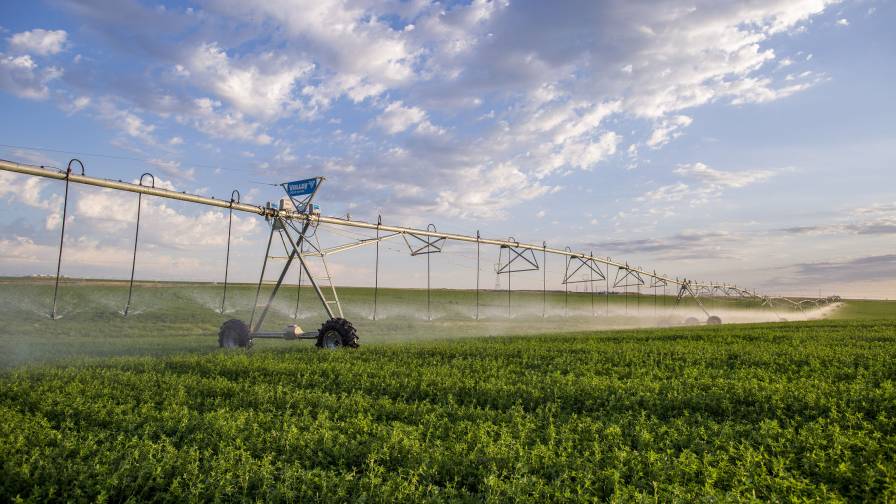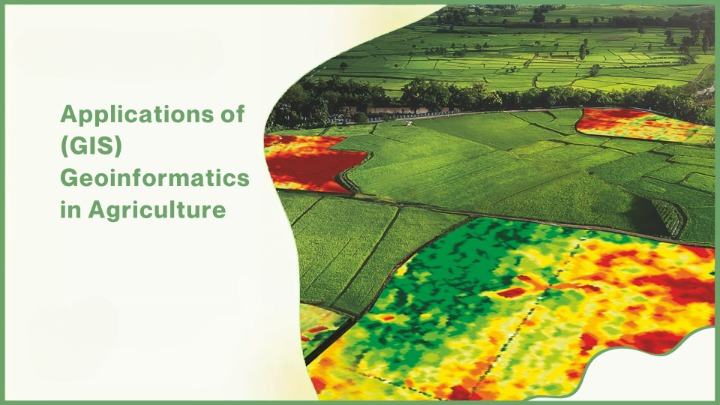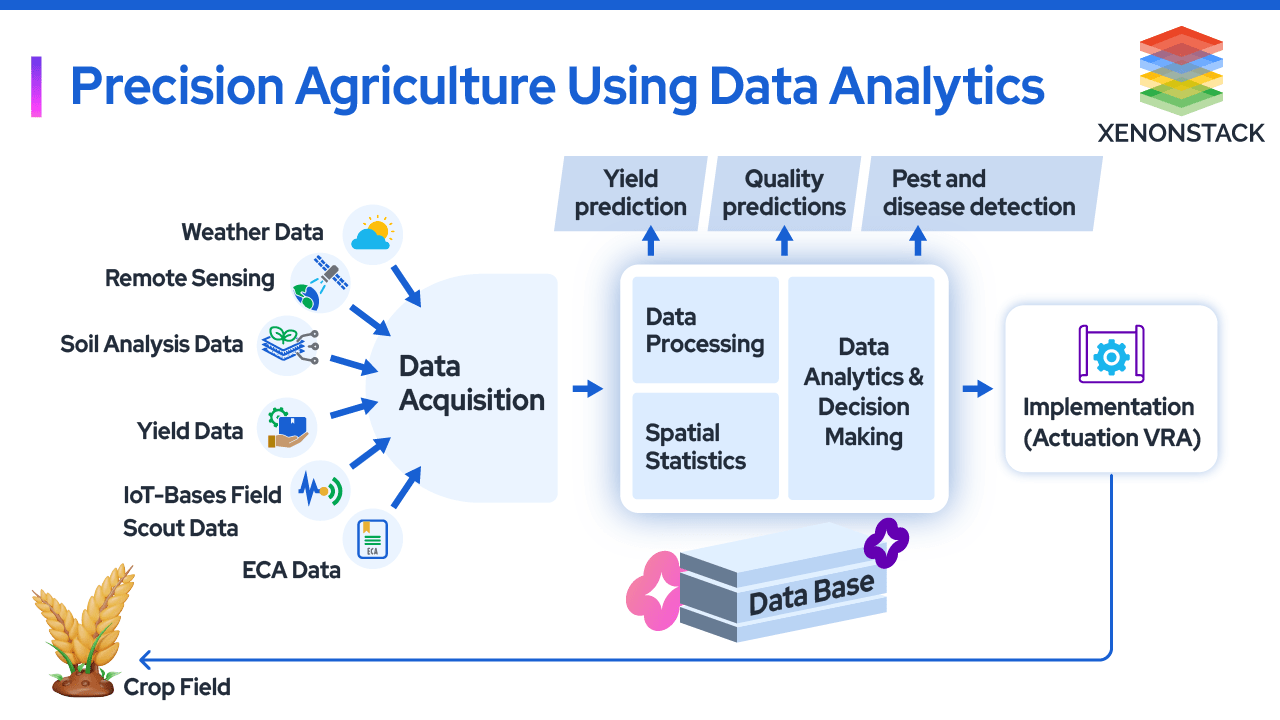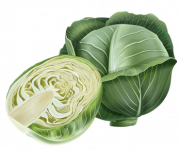Description
Precision irrigation systems are advanced technologies that optimize water use in agriculture by delivering water precisely where and when it’s needed. These systems utilize various sensors, controllers, and software to monitor and manage irrigation, resulting in improved crop yields, water efficiency, and resource conservation. Here’s an overview of precision irrigation systems and their components:
Components of Precision Irrigation Systems
- Sensors
- Soil Moisture Sensors: Measure soil moisture levels at different depths to determine when and how much water to apply.
- Weather Stations: Monitor weather parameters like temperature, humidity, wind speed, and solar radiation to adjust irrigation schedules.
- Rain Sensors: Detect rainfall to prevent unnecessary irrigation during wet conditions.
- Controllers
- Smart Irrigation Controllers: Use data from sensors and weather stations to automate irrigation scheduling and adjust watering times and amounts.
- Variable Frequency Drives (VFDs): Control pump speeds based on water demand, optimizing energy use and water pressure.
- Actuators
- Valves and Pumps: Regulate water flow and pressure throughout the irrigation system to ensure uniform water distribution.
- Sprinklers and Drip Emitters: Deliver water directly to plants with precision, minimizing water loss due to evaporation and runoff.
- Communication and Connectivity
- Wireless Networks: Transmit data from sensors and controllers to a central management system, enabling remote monitoring and control.
- Internet of Things (IoT): Integrate with IoT platforms to collect and analyze data for real-time decision-making.
- Software and Analytics
- Data Management Systems: Store and manage data collected from sensors and other devices.
- Analytics Tools: Analyze historical and real-time data to optimize irrigation schedules, detect trends, and predict water needs.
- Decision Support Systems: Provide recommendations for irrigation timing, duration, and volume based on crop requirements and environmental conditions.
Benefits of Precision Irrigation Systems
- Water Efficiency
- Optimized Water Use: Apply water precisely where and when it’s needed, reducing water waste and runoff.
- Improved Soil Moisture Management: Maintain optimal soil moisture levels to enhance crop growth and yield.
- Resource Conservation
- Energy Savings: Reduce energy consumption by optimizing pump operations and reducing water pumping.
- Reduced Chemical Use: Minimize leaching of fertilizers and pesticides into groundwater by controlling water application.
- Crop Yield and Quality
- Enhanced Crop Health: Provide consistent water supply and reduce stress on plants, leading to improved health and higher yields.
- Uniformity: Ensure uniform water distribution across fields, promoting consistent crop growth and maturity.
- Environmental Sustainability
- Reduced Environmental Impact: Minimize water use and runoff, protecting natural resources and ecosystems.
- Climate Resilience: Adapt irrigation practices to changing weather patterns and climate conditions for sustainable agriculture.








Ayobami –
This digital service promotes sustainable farming practices by emphasizing precision irrigation as a method to conserve water and reduce environmental impact. The focus on soil health, nutrient management, and water efficiency resonates with our commitment to environmental stewardship. The personalized recommendations tailored to our farm’s specific conditions have helped us achieve better crop yields while minimizing resource use. Highly recommend for farmers seeking to enhance productivity through advanced irrigation technologies.
Arinze –
I’m impressed with the educational value provided by this digital service. The comprehensive coverage of precision irrigation technologies, from sensor-based systems to automated controls, was thorough and easy to understand. The interactive simulations and case studies provided practical insights into adapting precision irrigation for different crops and soil types. It’s empowered us to make informed decisions that optimize water resources and support sustainable agriculture practices.
Nonso –
This digital service on precision irrigation systems has been instrumental in optimizing water usage and improving crop health on our farm. The detailed guidance on drip irrigation and soil moisture monitoring helped us implement a tailored irrigation schedule that maximizes efficiency. We’ve seen significant water savings and enhanced nutrient uptake, leading to healthier plants and increased yields. It’s a must-have for any farmer looking to improve farm productivity sustainably.